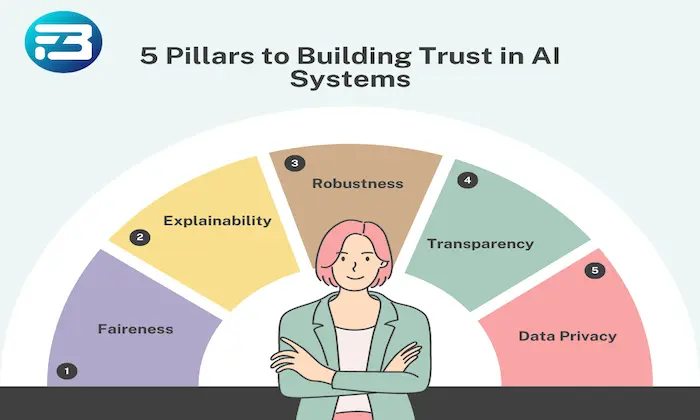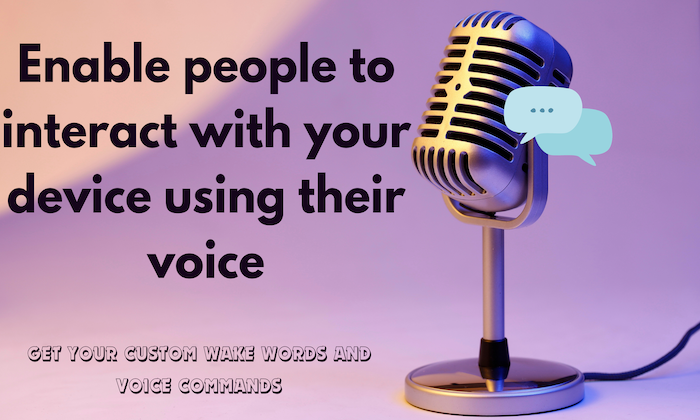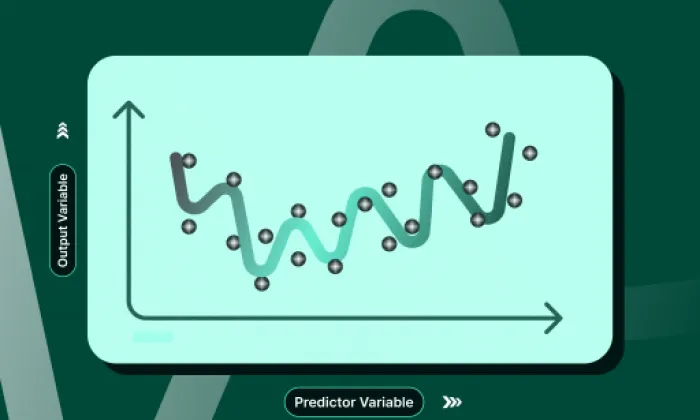What is the difference between “data partner” and “data provider” in the AI supplier landscape?
Data Management
AI Supplier
Data Strategy
In the world of AI, understanding the difference between a "data partner" and a "data provider" is crucial for AI engineers, researchers, and innovation leaders. These roles, though sometimes used interchangeably, have distinct implications for AI model development and overall project success. Here, we'll explore these differences and their impacts on AI projects, using insights and examples from FutureBeeAI's practices.
Defining Data Partners: A Collaborative Approach
A data partner is much more than just a supplier; it is a strategic collaborator that engages with an organization throughout the entire data lifecycle. This relationship is characterized by co-creation and continuous engagement, ensuring data solutions are tailored to meet specific project goals. For instance, FutureBeeAI exemplifies this role by integrating deeply with clients, offering services from data collection and annotation to quality assurance (QA) and compliance management. This holistic approach helps ensure that the data aligns with both immediate and long-term AI objectives.
Example in Practice: Consider a company developing a voice recognition system. By partnering with FutureBeeAI, they can access diverse audio samples, ensuring their dataset includes a wide range of accents and speaking styles. This collaboration involves ongoing feedback loops, allowing data strategies to evolve alongside project needs.
Data Providers: Transactional Data Supply
Contrarily, a data provider generally offers a more transactional relationship. They supply datasets, often off-the-shelf, without the same level of engagement or customization. While they offer a variety of data types, their involvement is limited to the delivery of data, lacking the strategic depth a data partner provides.
Example in Practice: An organization might purchase a pre-recorded speech dataset for initial testing. While useful, this data may not reflect the specific diversity required for the organization's unique needs. Without the integrated support of a partner, adapting the dataset to meet evolving project requirements can be challenging.
Critical Differences Between Data Partners and Providers
Understanding these roles can significantly impact the success of AI projects:
- Quality and Relevance: Data partners, like FutureBeeAI, prioritize tailoring data to meet specific project needs, ensuring it is contextually relevant. In contrast, data providers may offer comprehensive datasets but lack specificity and applicability.
- Long-term Relationships: Engaging a data partner fosters ongoing collaboration, leading to continuous improvements and adaptability as project requirements evolve. Providers, however, offer static datasets that may not support future changes.
- Ethical Data Practices: Data partners often uphold stringent ethical standards, ensuring compliance with legal frameworks and ethical guidelines, such as informed consent. Providers might not prioritize these aspects, posing potential risks.
Real-world Impacts & Use Cases
The choice between a partner and a provider can greatly influence AI use cases, from natural language processing to image recognition. For instance, in natural language processing, a data partner can ensure datasets include diverse linguistic patterns, enhancing model accuracy. Similarly, in image recognition, partners can provide datasets that reflect real-world conditions, essential for robust model training.
FutureBeeAI's Role as a Strategic Data Partner
FutureBeeAI stands out as a model data partner, offering tailored solutions that go beyond mere data provision. With its Yugo platform, FutureBeeAI manages every step of the data lifecycle, ensuring transparency, compliance, and quality. This integrated approach allows FutureBeeAI to support clients in building diverse and inclusive AI systems with a strong foundation of ethical data practices.
Common Pitfalls and Best Practices
In choosing between partners and providers, it's essential to avoid common missteps:
- Overlooking Long-term Needs: Focusing only on immediate data requirements without considering future needs can lead to choosing a provider when a partner is needed.
- Underestimating Data Quality: Prioritizing quantity over quality can compromise model performance. Ensuring datasets are specific and contextually relevant is crucial.
- Neglecting Compliance: Ignoring ethical and legal considerations can introduce significant risks, especially in regulated industries.
Strategic Action: For AI projects requiring specialized, high-quality data, consider partnering with FutureBeeAI. Our platform delivers production-ready datasets tailored to your needs, ensuring compliance and ethical standards, typically within 2-3 weeks for medium-sized projects.
FAQs
Q1: How does FutureBeeAI ensure data quality and compliance?
A. FutureBeeAI combines automated checks and human review throughout the data lifecycle, maintaining strict adherence to global compliance standards, including GDPR and CCPA.
Q2: What types of data does FutureBeeAI provide?
A. FutureBeeAI covers a wide range of modalities, including speech, text, vision, and multimodal data, offering both off-the-shelf and customized datasets tailored to specific client needs.
What Else Do People Ask?
Related AI Articles
Browse Matching Datasets
Acquiring high-quality AI datasets has never been easier!!!
Get in touch with our AI data expert now!








